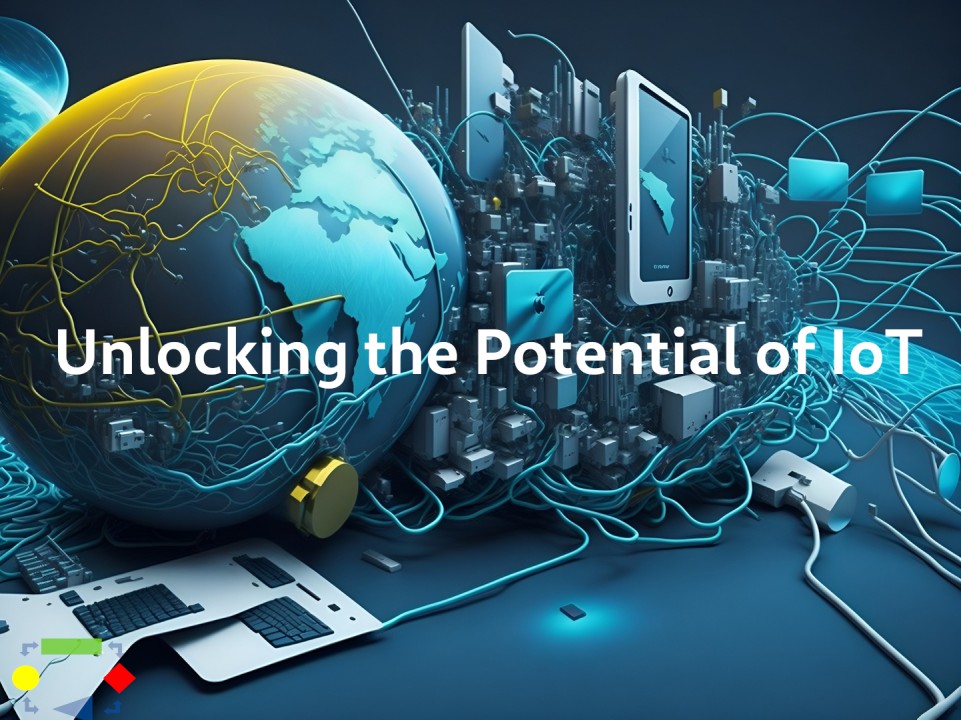In today’s rapidly evolving technological landscape, Artificial Intelligence (AI) stands at the forefront of innovation, revolutionizing various industries and reshaping the way we perceive and interact with technology. As an AI-focused company, we understand the significance of harnessing the power of AI to drive business growth, enhance efficiency, and unlock new opportunities. In this comprehensive guide, we delve deep into the realm of AI, exploring its intricacies, applications, and potential impact on businesses and society as a whole.
Understanding Artificial Intelligence
At its core, Artificial Intelligence refers to the simulation of human intelligence in machines, enabling them to perform tasks that typically require human cognitive abilities such as learning, problem-solving, and decision-making. This is achieved through the development of algorithms and models that can analyze vast amounts of data, recognize patterns, and make informed predictions or recommendations.
Types of Artificial Intelligence
There are primarily two types of AI: Narrow AI and General AI. Narrow AI, also known as Weak AI, is designed to perform specific tasks within a limited domain, such as virtual assistants, image recognition systems, and recommendation algorithms. On the other hand, General AI, or Strong AI, possesses human-like intelligence and can effectively perform any intellectual task that a human can.
Applications of Artificial Intelligence
1. Healthcare
Artificial Intelligence has the potential to revolutionize healthcare by improving diagnostics, personalized treatment plans, and drug discovery. Machine learning algorithms can analyze medical imaging data to detect abnormalities and assist healthcare professionals in making accurate diagnoses. Additionally, AI-powered virtual health assistants can provide patients with timely medical advice and monitor their health remotely.
2. Finance
In the finance industry, AI is transforming processes such as fraud detection, risk assessment, and algorithmic trading. Machine learning algorithms analyze financial data in real-time to detect fraudulent activities and prevent unauthorized transactions. Furthermore, AI-driven robo-advisors offer personalized investment advice to clients based on their financial goals and risk tolerance.
3. Marketing and Advertising
AI-powered marketing tools enable businesses to deliver targeted advertisements, personalize customer experiences, and optimize marketing campaigns for maximum effectiveness. By analyzing consumer data and behavior patterns, AI algorithms can identify potential leads, segment audiences, and recommend personalized product recommendations, driving higher conversion rates and ROI.
The Future of Artificial Intelligence
As AI continues to evolve and mature, its potential to drive innovation and transformation across various industries is limitless. Advancements in deep learning, natural language processing, and reinforcement learning are paving the way for the development of more sophisticated AI systems capable of tackling complex challenges and unlocking new opportunities for businesses and society as a whole.
Conclusion
In conclusion, Artificial Intelligence represents a paradigm shift in the way we leverage technology to solve problems, streamline processes, and drive growth. By embracing AI-driven solutions, businesses can gain a competitive edge, enhance operational efficiency, and deliver superior experiences to their customers. As we navigate the ever-changing landscape of technology, one thing is clear: the future belongs to those who dare to innovate and harness the power of AI to transform the world.





